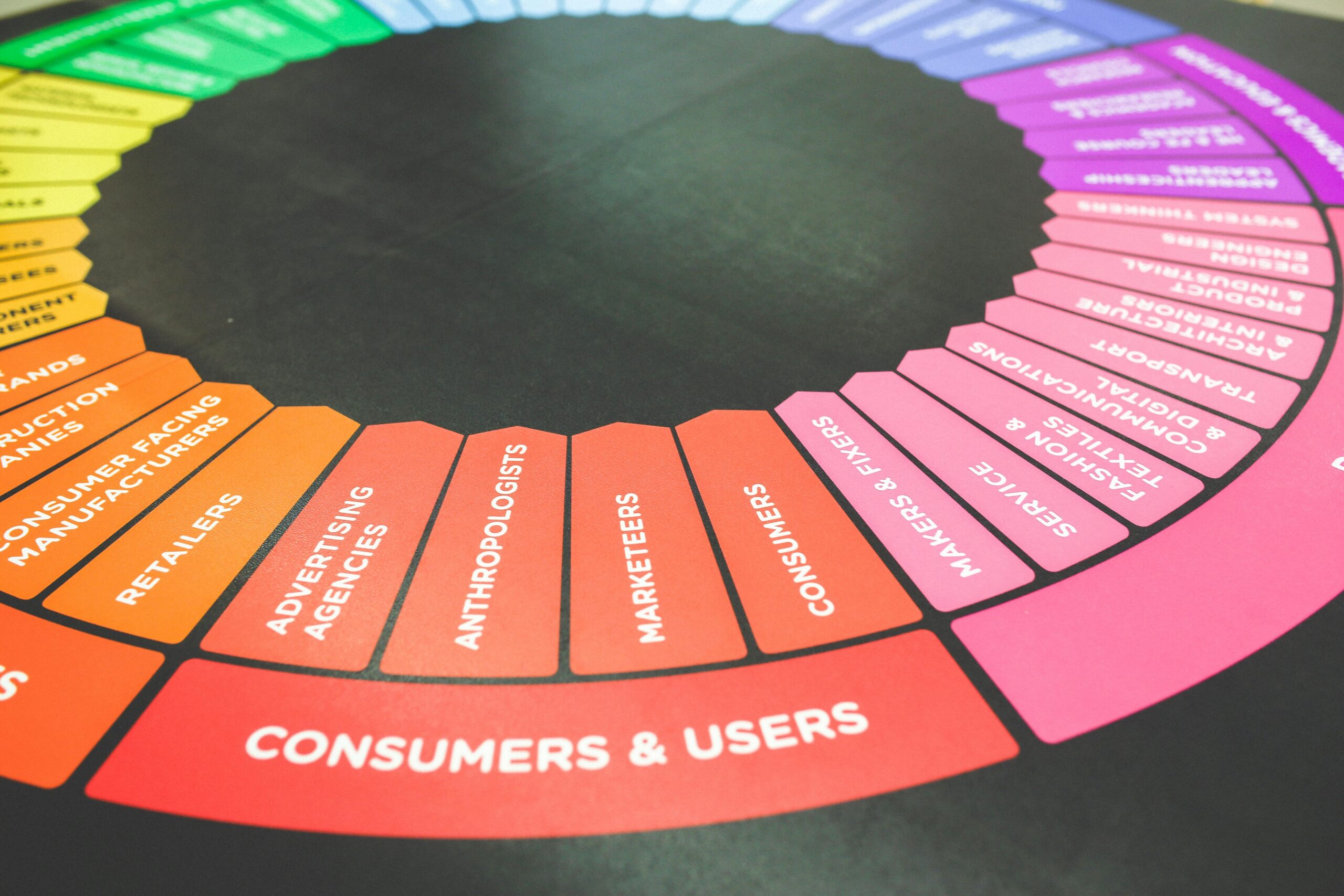## Top Benefits of Using AI Chatbots in Your Digital Marketing Strategy
The digital marketing landscape is constantly evolving, and businesses must adapt to stay ahead of the curve. One of the most significant advancements in recent years is the rise of Artificial Intelligence (AI), particularly in the form of AI chatbots and virtual assistants. These intelligent tools are revolutionizing how businesses interact with customers and are proving to be invaluable assets in any digital marketing strategy.
AI chatbots and virtual assistants are computer programs designed to simulate human conversation. They use Natural Language Processing (NLP) and Machine Learning (ML) to understand user queries and provide relevant responses. While both share similarities, virtual assistants typically offer broader functionality, such as scheduling appointments or making calls, whereas chatbots are primarily focused on conversational interactions.
Boosting your Digital Marketing with AI Chatbots:
Integrating AI chatbots into your digital marketing strategy offers a plethora of benefits:
1.
Enhanced Customer Service:
AI chatbots provide 24/7 instant customer support, addressing queries, resolving issues, and offering personalized recommendations. This availability significantly improves customer satisfaction and reduces the burden on human support teams.
2.
Lead Generation and Qualification:
Chatbots can engage website visitors, gather information through interactive conversations, and qualify leads based on pre-defined criteria. This automation streamlines the lead generation process and allows sales teams to focus on converting qualified prospects.
3.
Personalized Marketing Experiences:
AI chatbots can analyze user data and tailor interactions to individual preferences, providing personalized product recommendations, targeted offers, and customized content. This personalized approach strengthens customer relationships and boosts conversion rates.
4.
Improved Engagement and Retention:
By offering interactive and engaging experiences, chatbots can keep users on your website longer, increasing brand awareness and fostering loyalty. They can also proactively re-engage customers with personalized follow-ups and reminders.
5.
Streamlined Sales Process:
Chatbots can guide customers through the sales funnel, from product discovery to purchase, answering questions and providing relevant information along the way. This reduces friction in the buying process and increases sales conversions.
6.
Cost-Effectiveness:
By automating tasks previously handled by human agents, AI chatbots significantly reduce operational costs. This frees up resources that can be invested in other areas of your digital marketing strategy.
7.
Voice Search Optimization:
With the rise of voice search, optimizing your chatbot for voice interactions is crucial. AI-powered chatbots can understand and respond to voice commands, ensuring your brand remains accessible to users utilizing voice assistants like Siri and Alexa. This alignment with voice search trends is critical for future-proofing your digital marketing strategy.
8.
Data Collection and Analysis:
AI chatbots collect valuable data on customer interactions, providing insights into customer preferences, pain points, and buying behavior. This data can be used to refine your marketing strategy, improve product development, and enhance the overall customer experience.
9.
Seamless Integration with AI Marketing Tools:
Chatbots can integrate seamlessly with other AI marketing tools like personalized recommendation engines and predictive analytics platforms. This integration allows for a holistic and data-driven approach to your digital marketing efforts.
Conclusion:
AI chatbots and virtual assistants are no longer futuristic concepts but essential tools for any business seeking to thrive in the digital age. By leveraging their power, you can enhance customer service, personalize marketing campaigns, boost sales, and gain valuable insights into customer behavior. Embracing AI in your digital marketing strategy is no longer a luxury, but a necessity for staying competitive and achieving sustainable growth.


